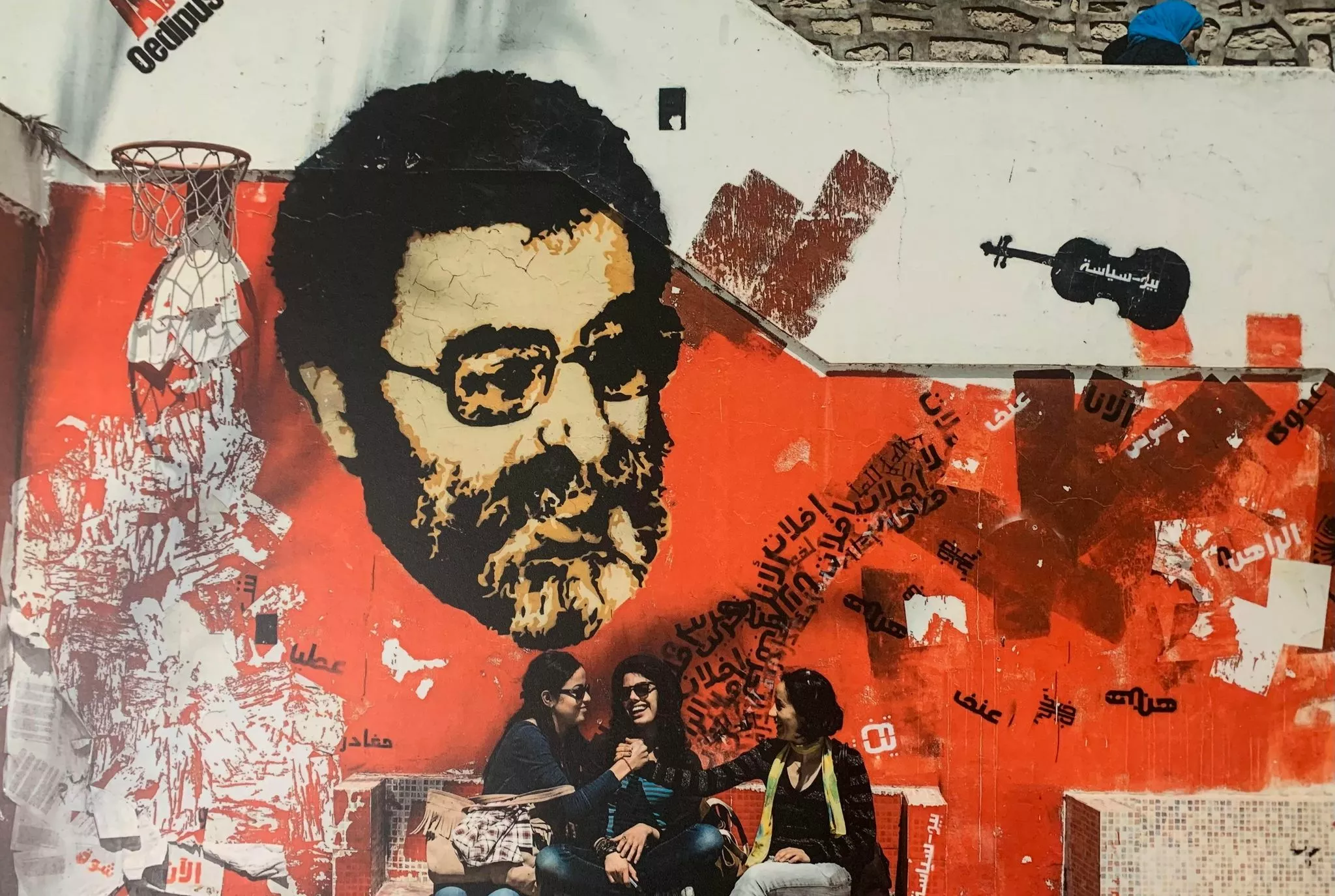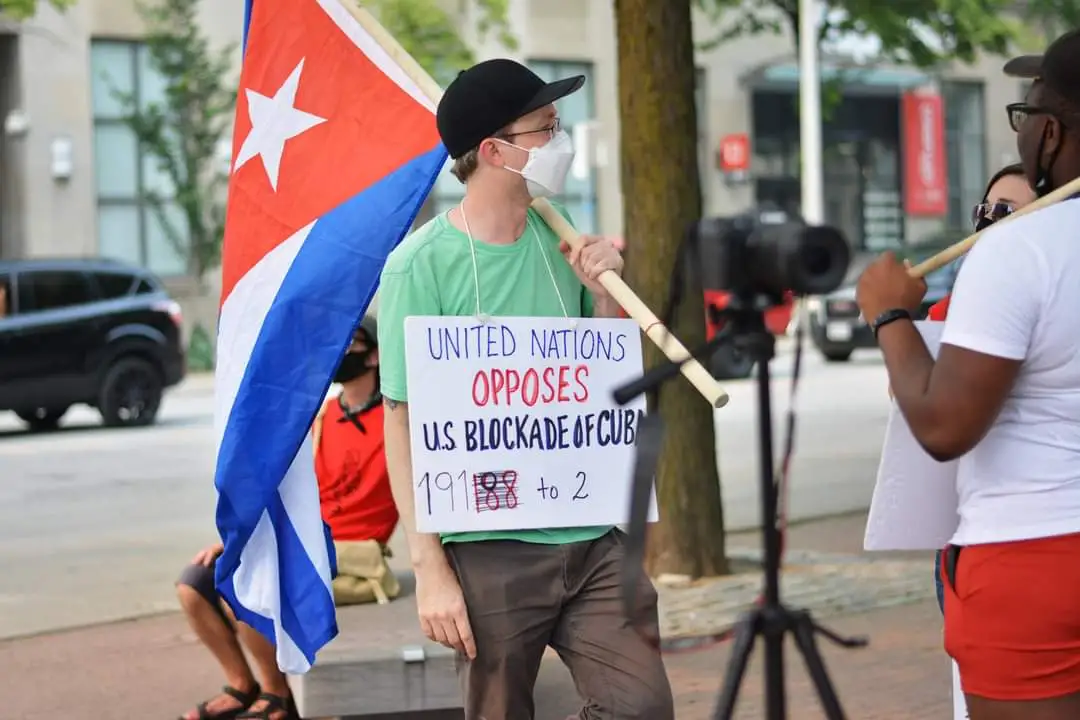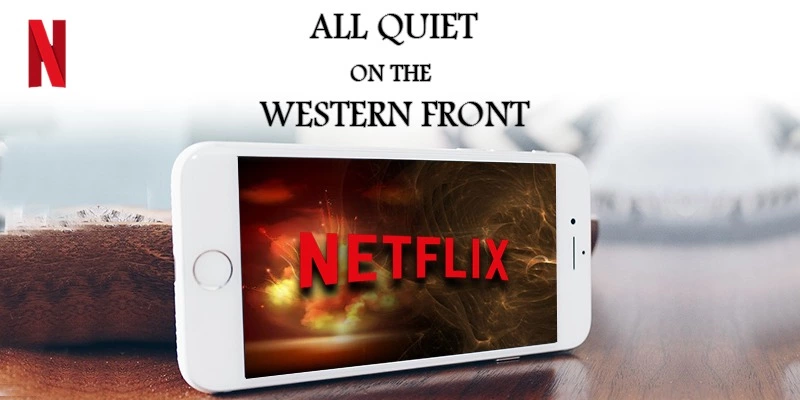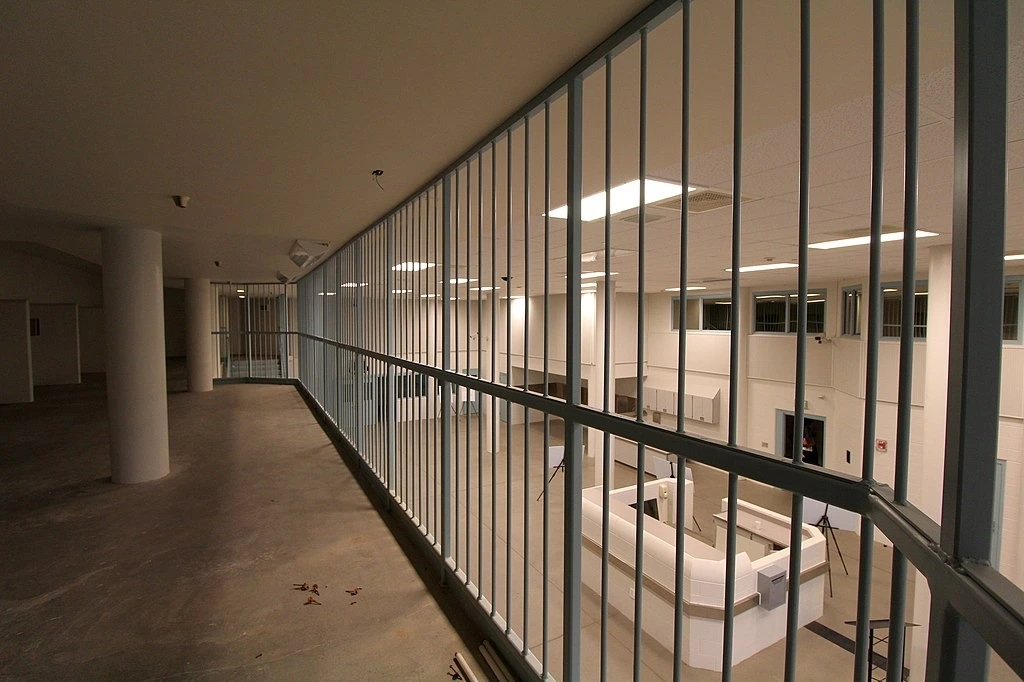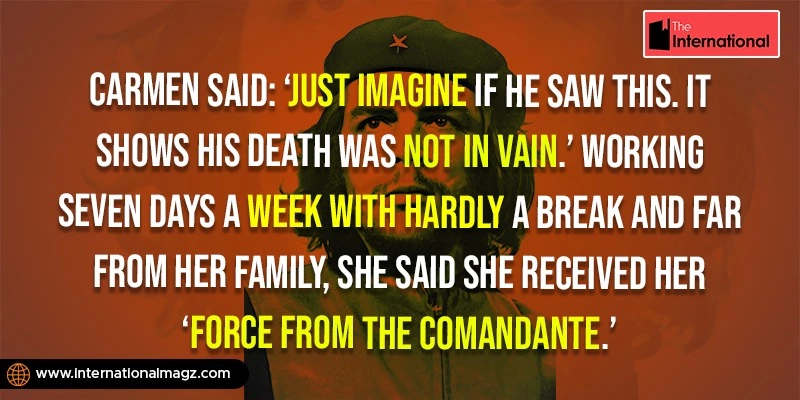36 years ago, on May 18, 1987, the intellectual, militant, resistance fighter, and philosopher of the Communist Party of Lebanon, Hassan Hamdane - better known under his pen name and nom-de-guerre Mehdi Amel, was killed by the bullets of fascist Islamism.
In 1987, when he was struck down by a burst of machine gun fire, Hassan Hamdane was fighting the Israeli occupiers with his words and with his mind. He was the prototype of the politically engaged intellectual, as he loved to define himself. While committed to the liberation of the Lebanese nation from the foreign occupier, Israel, he also fought against the internal occupier: political confessionalism. He was one of the first to understand and document the very close relationship between these two systems of domination that feed each other: political confessionalism can only survive thanks to its subordination to imperialism and its armed hand in the region, Israel, while the occupation can only perpetuate itself thanks to the confessional divisions it encourages.
He surely was a visionary. He was among the first intellectuals to perceive the superficiality of Edward Said's thoroughly postmodern (and therefore anti-modern and reactionary) work "Orientalism" and to critique it from a materialist perspective. He was thus an avant-garde critic of the postmodern thought that was just beginning to emerge and that would accompany the neoliberal era so well.
Just as Chile was the laboratory of neoliberal economic policies from 1973, Lebanon was the laboratory of confessionalism and thus since the first years of its independence in the 1940s. This latter, that is, political confessionalism itself leads to multiculturalism and postmodernism. From the 1990s onwards, the country combined neoliberalism and postmodern thinking to become the model of what the United States called the Greater Middle East. But Mehdi Amel did not have the opportunity to see the valdity of his thesis with his own eyes. Ultimately, if Israel did not succeed or dare to eliminate him, it was its proxies who, just 36 years ago, murdered the pen and the free voice of the Arab world that Mehdi Amel embodied.
